
Subscriber Stories
Every day, we hear from MedicAlert subscribers of all ages and walks of life about their MedicAlert stories. We'd like to share a few.





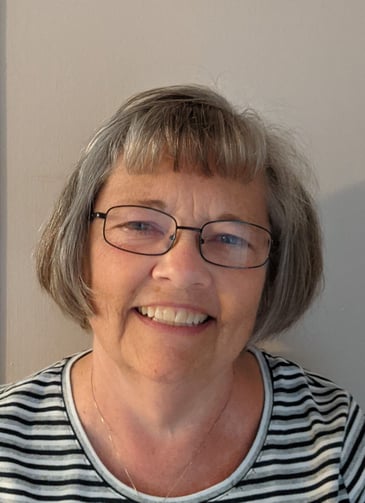
60 years of saving lives: Andrea’s story
"NEVER take off your bracelet," Andrea's parents told her when she was diagnosed with type one...
.png?width=365&name=MicrosoftTeams-image%20(3).png)
Finding Security and Peace of Mind with MedicAlert: Joan's Journey
When Joan's husband Frank was diagnosed with dementia in 2006, her world took an unexpected turn....
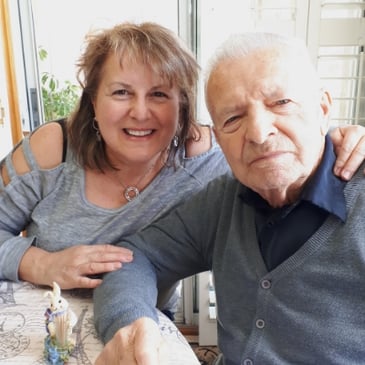
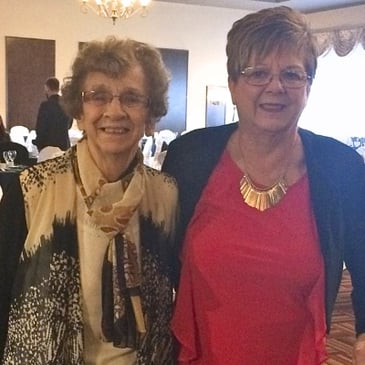
Surrounded by love, safe with MedicAlert
At 91, Bernice is happiest when she has chocolate and a bingo scratcher—two things her daughter...
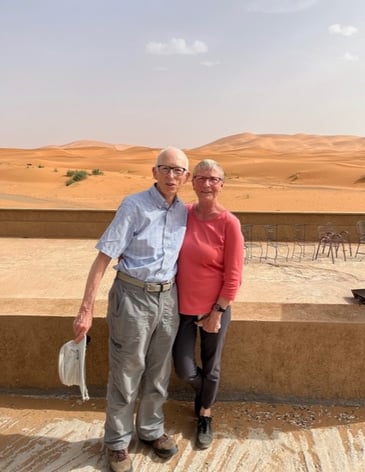
How MedicAlert’s Safe & Found Program became respite for the spouse of an Alzheimer’s patient
It started innocently enough, around the time Johanna was diagnosed with ovarian cancer in 2017....
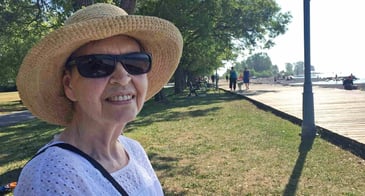
A Bridge Too Far: The Story of Tracy, Her Mom, and the Good Samaritan
Estimated reading time: 4.5 minutes
“Did you find her!?... They’ve been searching for her for...

Alex’s Story: When Life Gives You a Wake-up Call
While he can pronounce and spell it with ease today, pseudocholinesterase deficiency was a mouthful...

Uche’s story: Having MedicAlert as my safe-keeper is such a relief
“Back in Nigeria, I wouldn’t have this type of support. It’s comforting to know I have access to a...
